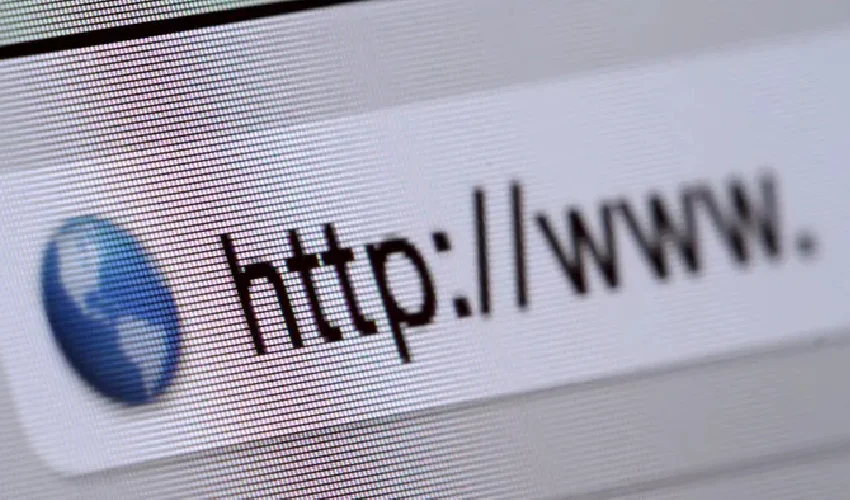
The Sindh High Court has issued orders to guarantee uninterrupted Internet service for all citizens until the upcoming elections on February 8, addressing concerns raised by advocate and social worker Jibran Nasir.
A two-member bench, led by Chief Justice Aqeel Abbasi, responded promptly to Nasir’s plea against the Pakistan Telecommunication Authority (PTA) and others regarding repeated shutdowns and interruptions of internet service. The court accepted the request for an immediate hearing.
Nasir informed the court about the suspension of internet service and social media access on December 17, January 7, and January 20, with disruptions persisting in various parts of the country for consecutive days. He argued that such unjustified shutdowns were hindering election campaigns for candidates.
Read also: PTA: Internet Disruptions May Continue for Another 90 Days
In the petition, Nasir emphasized the difficulties faced by candidates in conducting their election campaigns due to the arbitrary internet shutdowns. The ministries of interior and IT, along with the PTA, have been made parties to the petition, seeking instructions to refrain from interfering with citizens’ access to social media until the general elections.
The court issued a stay order against the suspension of internet service and directed the involved parties to respond by January 29. This decision ensures that citizens have uninterrupted access to information and communication platforms during the critical electoral period.
Prime Minister Shehbaz Sharif has unveiled a massive Rs38 billion Ramazan relief package in Islamabad.…
British screenwriter Jack Thorne is at the Berlinale this year, promoting his adaptation of the…
Ireland’s decisive victory over Oman in Group C of the T20 World Cup showcased their…
Gold prices have rebounded in both international and domestic Pakistani markets on Saturday, reversing some…
A tragic accident near Ansari Bridge on the M9 Motorway in Karachi claimed 13 lives,…
The Punjab Counter-Terrorism Department (CTD) has announced a series of high-profile arrests across various militant-linked…
This website uses cookies.